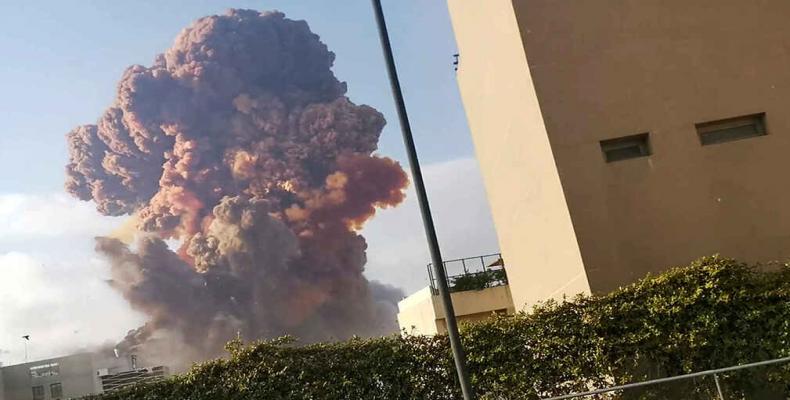Lebanon is a geographical point in the Middle East where ancient cultures merge, starting from the Phoenicians, the world's first great sailors and merchants, the Romans, Arabs, Muslims, Christians and Ottomans; but also where many of the human-made calamities in history are orchestrated.
It is kind of a labyrinth, whose origins are lost in time. And yet, put together, it has less than a hundred years of independent life, and most of those years ravaged by internal wars.
Lebanon was governed by the Ottoman Empire from the 16th century until the Turkish defeat in World War I, and then it was French "ward" -- a nice name used for a colonial regime -- until 1943 when its independence was finally recognized.
Afterwards, it attained some stability and became a major financial center, which is the reason it was called “The Switzerland” of the Middle East.
A new internal war from 1975 to 1990 destroyed much of the progress achieved, and discovered, through the cracks, a system where only one percent of the population owned 40 percent of the national wealth.
In a small state where 18 religious denominations coexist, many of them being deadly enemies of each other, and with the heinous neighboring nation of Israel, there are few chances for peace.
Before the COVID-19 pandemic, more than half of the population lived in poverty. And it was precisely this sector that welcomed more than 1.5 million Syrian refugees, which exacerbated the situation. The disease was ruthless and hospitals were rapidly overwhelmed.
In this scenario, the violent explosion occurred in the Port of Beirut on Tuesday, where 2,700 tons of ammonium nitrate detonated. It came as a kind of final blow to an already devastated country.
The very fact of keeping this extremely dangerous material for six years, in a ruined building and without any protective measures, indicates the lack of articulation of the public administration.
The destruction of the port will bring more affliction to the country, inasmuch all the grain stored there was lost, but also because it was the entry point of food products to a nation that has been long ago subjected to the tragedy of famine.
Minister of Economy Raoul Nehme declared that the impoverished country, with a debt of over 170 times its GDP, cannot face the costs of the destruction.
It is acceptable to wonder why French President Emanuel Macron, immediately visited Beirut. Is it a sympathetic move for the nation’s suffering, or does it represent the ambitions of the former metropolis to restore its protectorate in Lebanon, the strategic location of a trouble spot of the world? Only time will tell.


